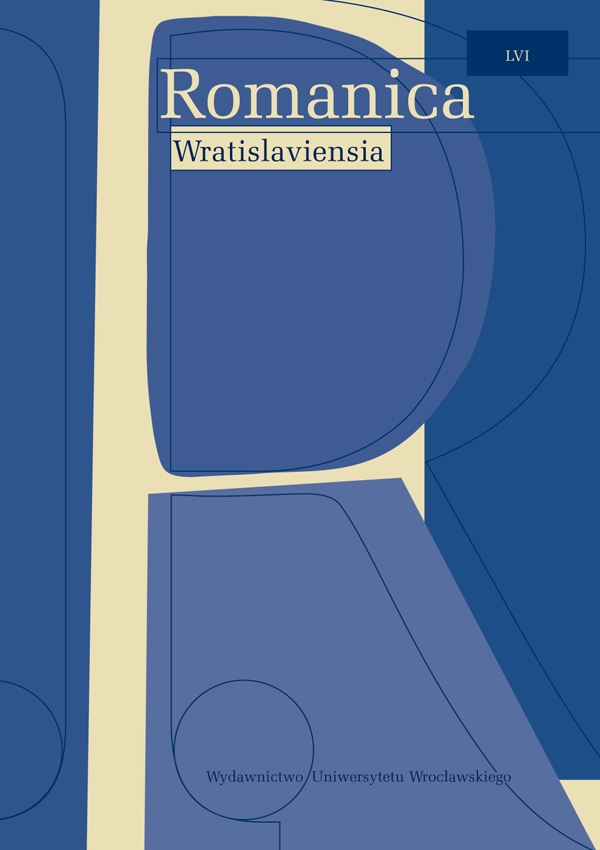

Articles

THE DESTINY OF A LIER’S WORDS IN THE DAILY NEWSPAPERS: THE CASE OF « RER D AFFAIR»
The present study is based on a French press release of the AFP “Agence France Presse” and articles published between the 11th and 13th of July 2004 in French-speaking daily newspapers La Croix, Le Figaro, Le Monde, Le Parisien and Libération covering a news item summarised as follow by Libération, Monday, July 12th: “As passengers passively watched, a twenty-threeyear-old woman and her baby were assaulted in a train RER D in north Paris. The attackers, six suburbanites, thought the young woman was Jewish.” Two days later, the media reported that there had been no assault. The young woman, Marie L., fabricated the entire story Le Figaro, Wednesday, July 14th. The author analyses different ways of conveying the news item first in the headlines and then in the body of the newspapers articles. The focus lies on the propagation and transformation of the instigator’s and her pseudo-attackers’ words. The use of reported speech direct and indirect is compared to the use of “press conditional” or “epistemic conditional”17 to explore the degree of confidence with which journalists convey the news item.